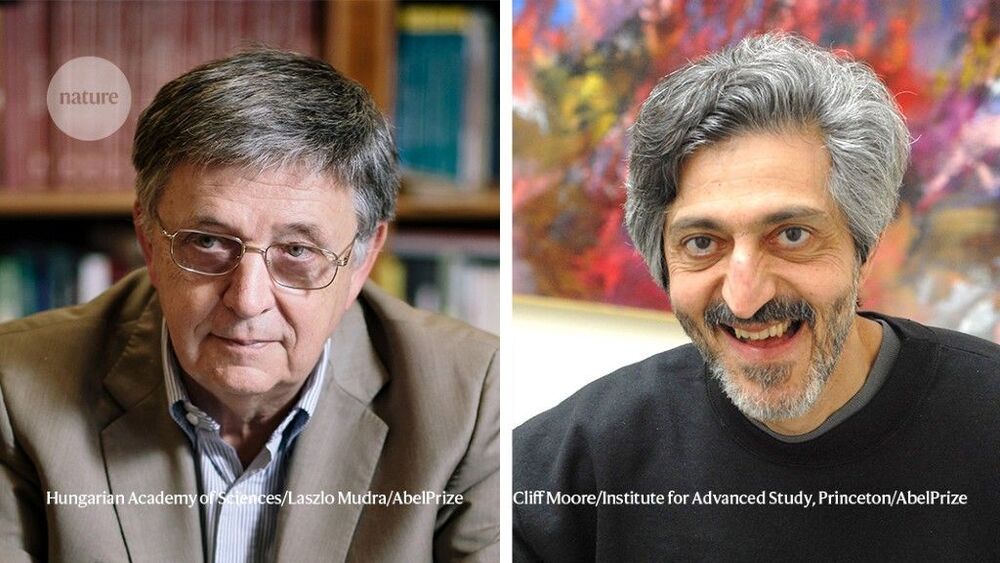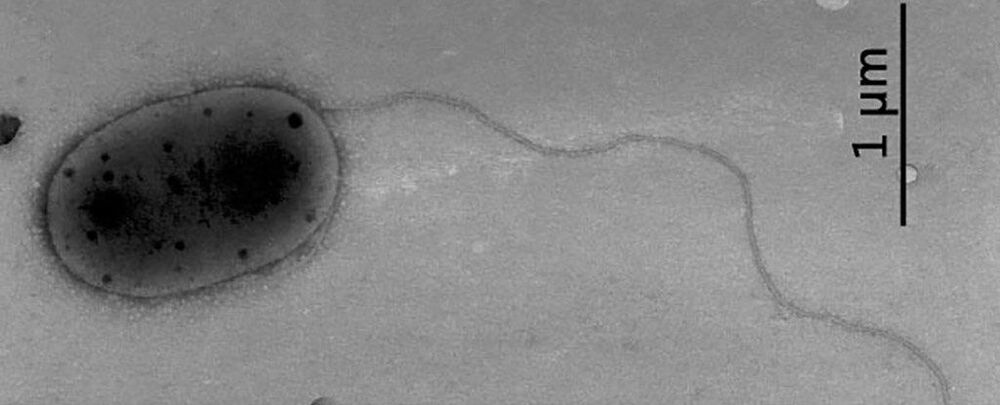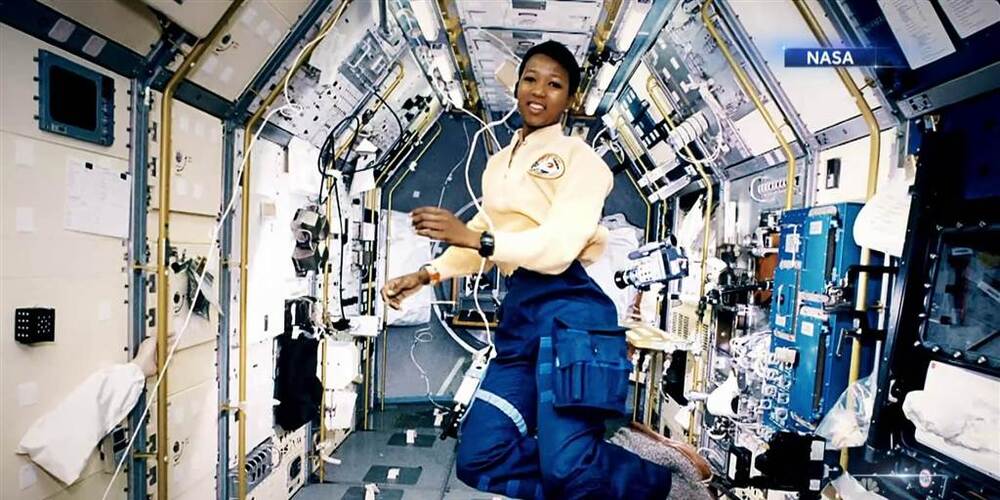Hungarian mathematician László Lovász and Israeli computer scientist Avi Wigderson will share the prize, worth 7.5 million Norwegian kroner (US$886000), “for their foundational contributions to theoretical computer science and discrete mathematics, and their leading role in shaping them into central fields of modern mathematics”, the Norwegian Academy of Science and Letters announced on 17 March.
The work of winners László Lovász and Avi Wigderson underpins applications from Internet security to the study of networks.







